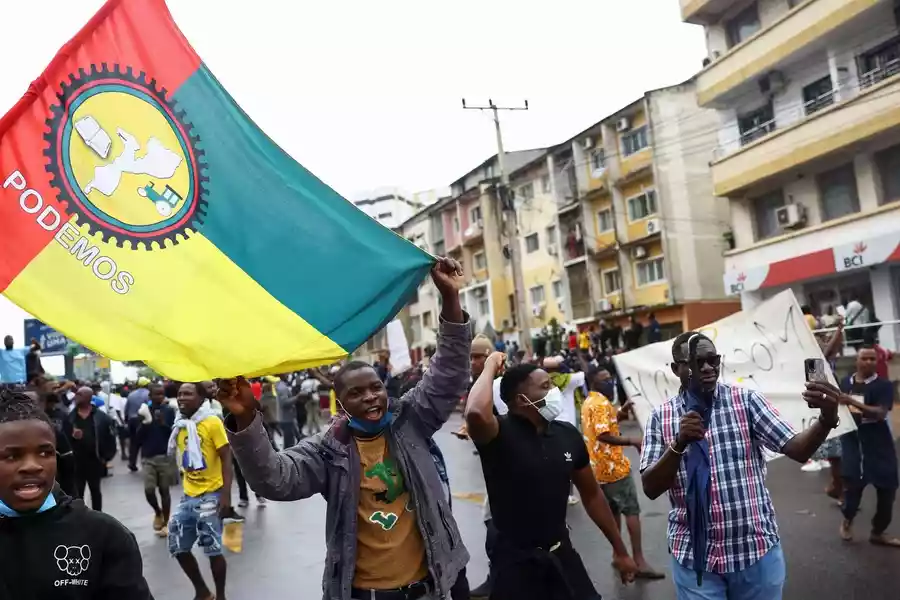
MOZAMBIQUE has been plagued by civil unrest since October, sparked by a disputed election won by Frelimo’s candidate, Daniel Chapo.
Chapo secured 65,17% of the vote, while his rival, Venâncio Mondlane, garnered 24,19%.
The unrest has resulted in dozens of deaths and displaced over 2 000 Mozambicans, who have fled to Malawi. The situation is further complicated by the country’s ongoing battle against a deadly Islamist insurgency.
The spillover effects of the civil unrest that escalated when the country’s Constitutional Council upheld Frelimo’s contentious victory has disrupted regional trade.
With Chapo set to be inaugurated on January 15, Mondlane has rallied his supporters to intensify protests. South Africa, the continent’s economic powerhouse, closed its busiest crossing (Lebombo port of entry) in November as Mozambique further descended into turmoil.
The bustling border crossing is one of the largest land ports in southern Africa.
Zimbabwe has also not been spared from the deadly protests engulfing Mozambique.
The Beira Corridor that connects Harare to the port of Beira has been plagued by lengthy delays due to blockades and attacks on cargo vehicles. This disruption has swelled transportation costs while stalling the smooth flow of critical commodities.
- Russia-Ukraine war and the Zimbabwe daily bread
- Liberation war stalwart pens political book
- Russia-Ukraine war and the Zimbabwe daily bread
- Liberation war stalwart pens political book
Keep Reading
To put the importance of the Beira port into perspective, Zimbabwe actively intervened in the civil war gripping Mozambique in 1982 to secure vital trade routes in Mozambique, among other geo-political reasons.
It is evident the problem now confronting South Africa, the continent’s most industrialised nation, and Sadc chaired by President Emmerson Mnangagwa, is no longer about who won Mozambique’s polls.
Instead, it is about urgently coming up with solutions to ensure that escalating civil unrest does not degenerate into civil war.
If that unfortunate development happens, the cost will be too unbearable for the region. South Africa seems alive to the devastating consequences, which may destabilise regional peace and trade if the civil unrest in the former Portuguese colony goes unchecked.
This explains why South Africa’s International Relations and Cooperation minister Ronald Lamola cautioned the need for restraint and dialogue to stem the tide of violence ravaging Mozambique.
However, Mnangagwa’s pronouncements following the Constitutional Council’s ruling imploring warring parties in Mozambique to adhere to the court ruling may not yield the peace dividend the neighbouring country needs. In any case, aggrieved Mozambicans seem to have little trust in Mnangagwa due to Zanu PF’s strong ties with Frelimo.
Mnangagwa’s administration is alleged to have interfered in Mozambique’s elections.
Mnangagwa congratulated Frelimo before poll results were announced. This compromised his impartiality to address the Mozambican crisis. Sadc’s urgent call for action, led by South Africa due to its economic and political clout, is to stop the bloodletting in Mozambique through dialogue.










